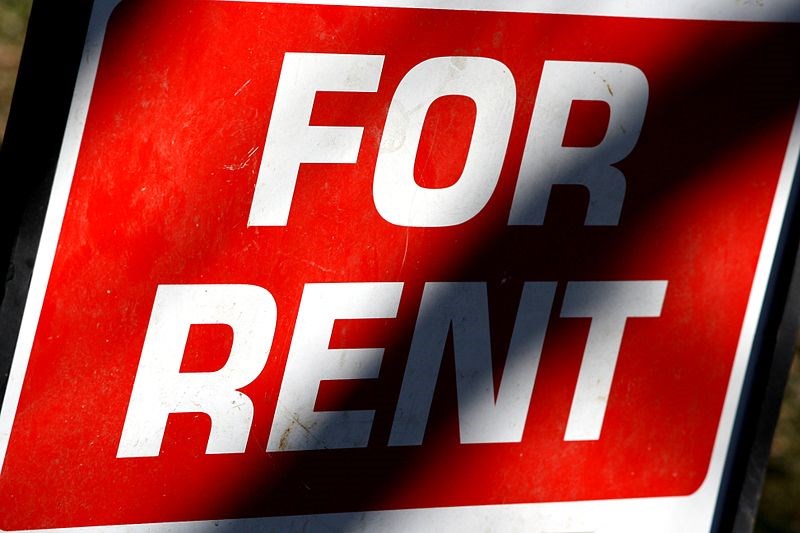Signs for local Conservative candidates in the provincial election have “Conservative” in big bold letters and “Party of British Columbia” in very small print. Driving by you would need to slow down to read the latter.
This is likely deliberate. The animosity towards the federal Liberals right now has generated a surge in support for the federal Conservative Party and the BC Conservative party is riding the coattails of Pierre Poilievre and his fellow conservatives, hoping for a victory in the provincial election based on nothing more than a general distrust of federal Liberals and NDP.
But John Rustad is not Poilievre. And the BC Conservative party policies do not necessarily align with the federal party.
On some issues, yes, such as axing the carbon tax. I am not and have never been a fan of the carbon tax as it has been implemented in BC. I think the BC Liberals didn’t really think through the whole picture and funneling revenues directly back to the corporations generating carbon dioxide emissions was misguided.
As social engineering goes, though, it has been effective. It moved the dial on climate change. BC was seen as a world leader, as is Canada, in the fight against excess emissions.
We live in a country which recognizes the harm caused by climate change directly. The melting permafrost, burning forests, and drought conditions are causing a fair share of our economic difficulties.
Both the federal and provincial Conservative parties would remove the tax but would they replace it with something? If so, what? And what are the implications? Before anyone votes, perhaps we should know what we are voting for and not just what we are voting against.
Typing “BC Conservative Party policies” into Google leads to a platform which claims it wants to hear from ordinary people on what policies should be implemented.
It does provide examples of some policies although many are incomplete or do not provide enough detail to know how or what implementation will mean.
For example, the “Rustad Rebate” would see the first $3,000 per month in rent or mortgage exempt from BC income tax.
I think that means your rent or mortgage will result in some form of tax credit at 5.06 per cent (according to the site – the lowest marginal tax rate). For a year, the total for rent or mortgage is $36,000 and 5.06 per cent of that is $1,821 or about $150 per month.
No one is going to turn down $150 per month, even though it will result in a $900 million hit to the provincial government’s revenue and mean there is less money for other important areas, such as healthcare.
But is $150 per month really going to make a difference in affordability? And you only get that amount if you are paying more than $3,000 per month. If your mortgage or rent is less, you get a smaller tax cut.
How does this help with housing affordability? Or housing for those who are in the lower quintile of income and living on less than $30,000 per year? A much better policy, in my opinion, would be to exempt the first $30,000 of everyone’s income from taxation and change the upper tax brackets accordingly to take up some of the lost revenue.
That would certainly help those in need much more than a “Rustad Rebate.”
Todd Whitcombe is a chemistry professor at UNBC.



